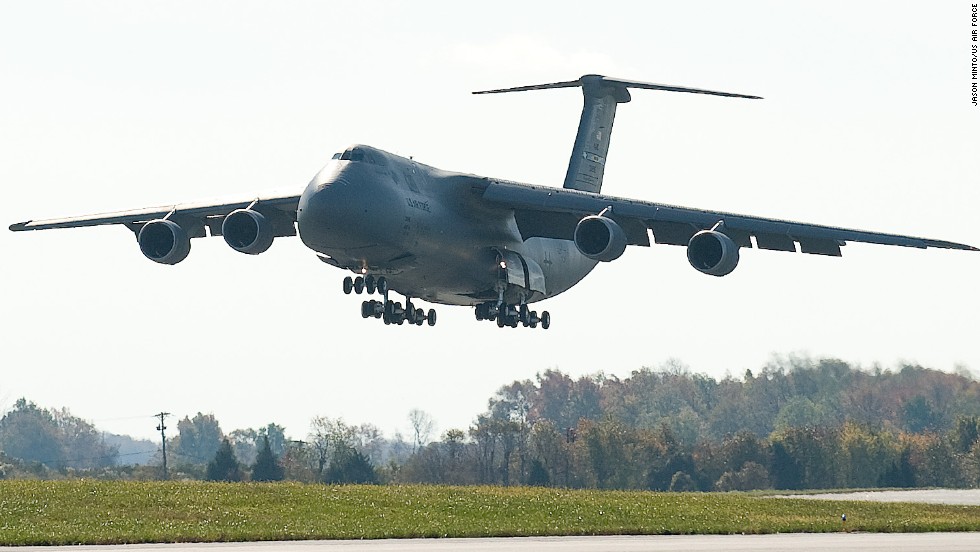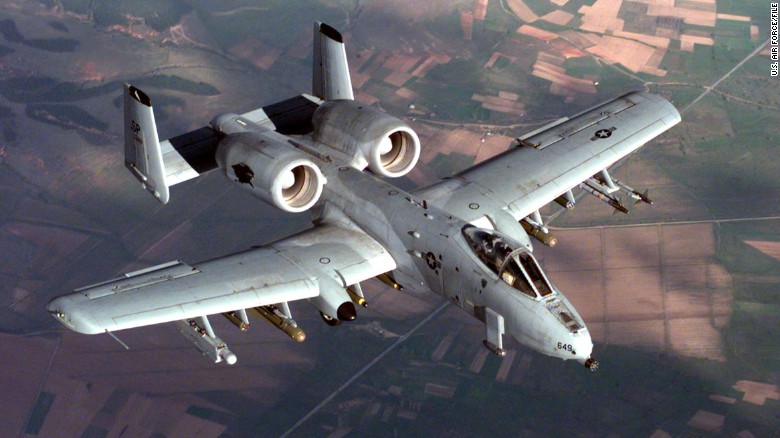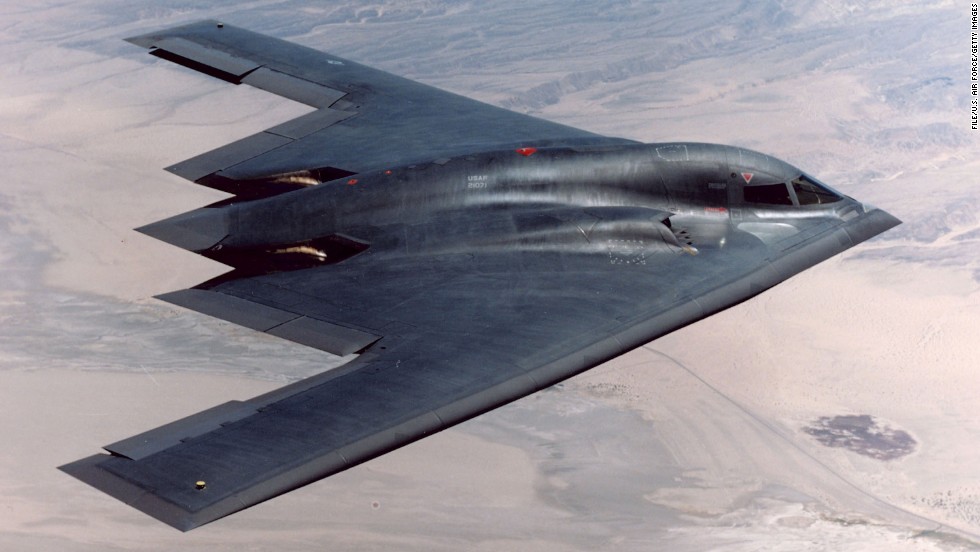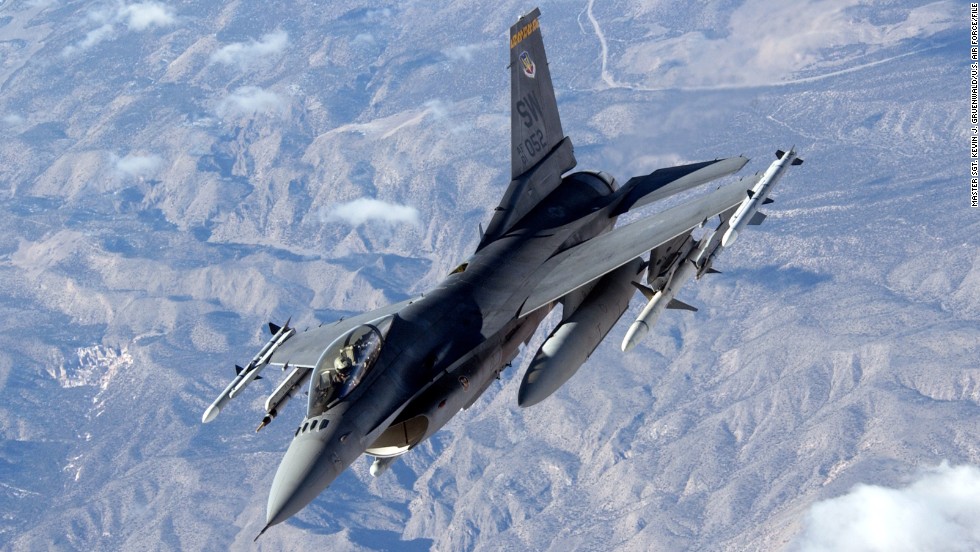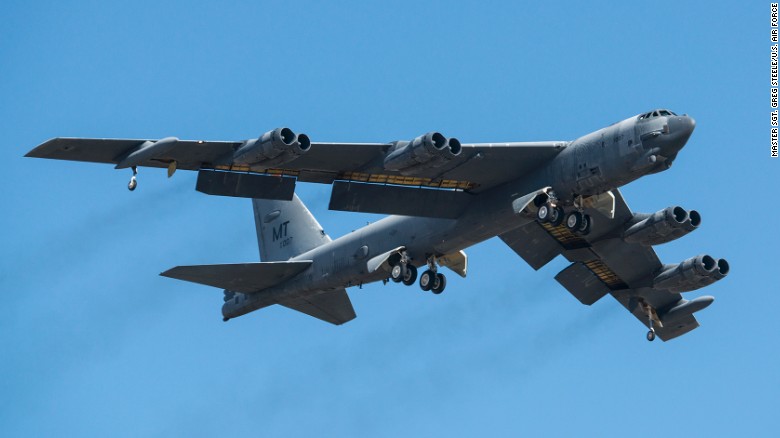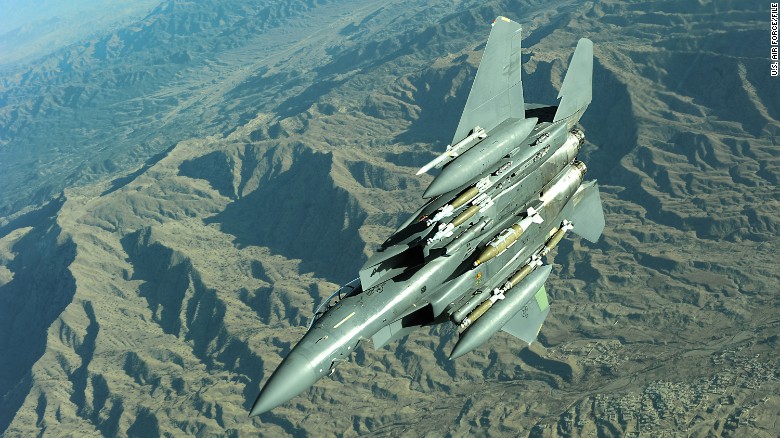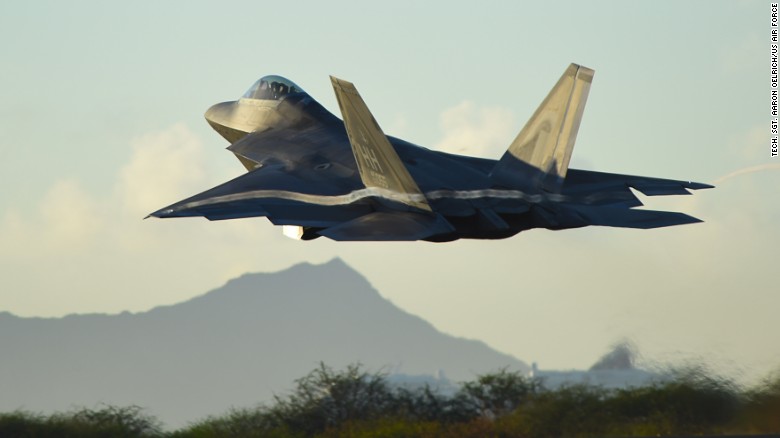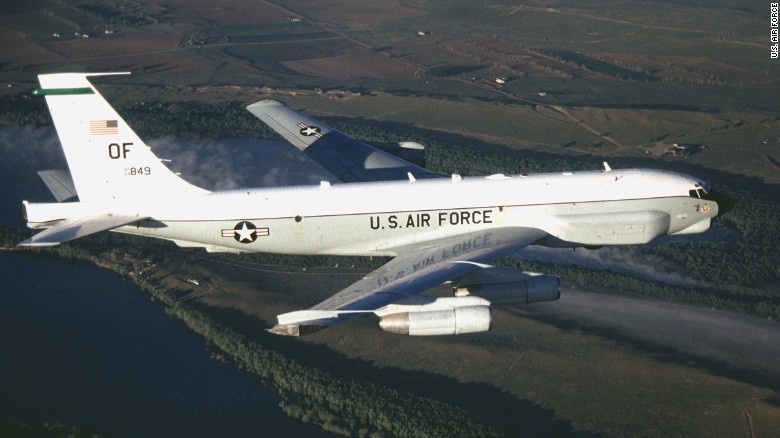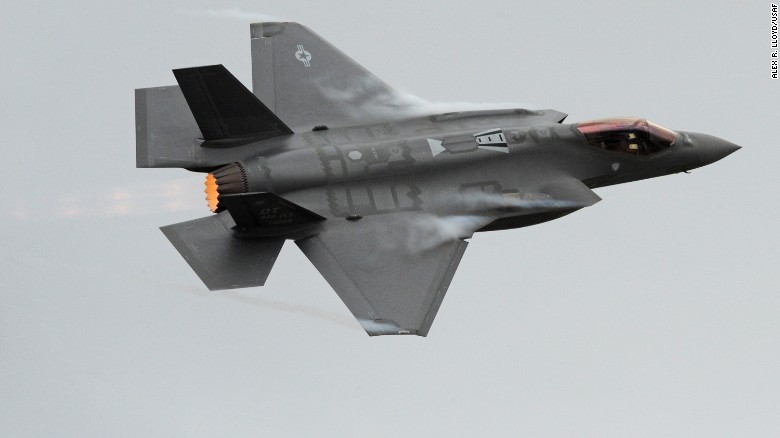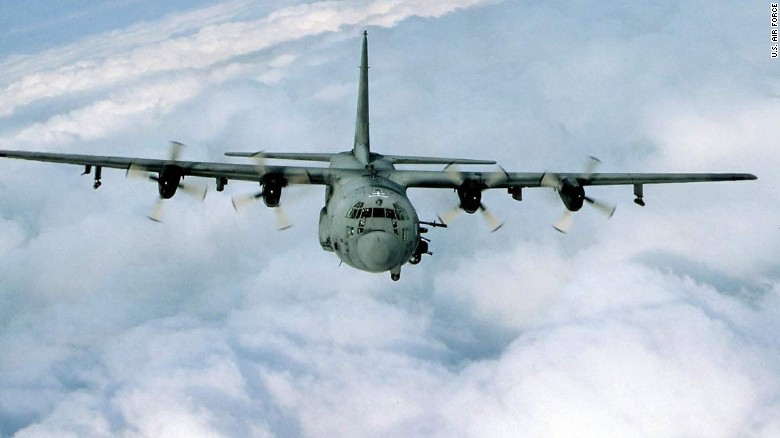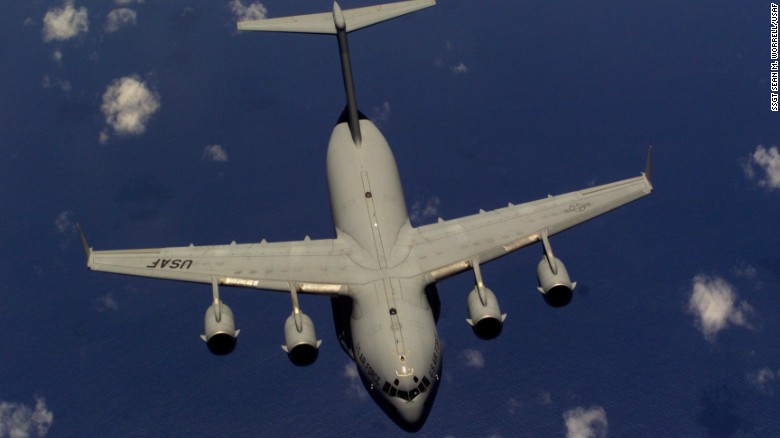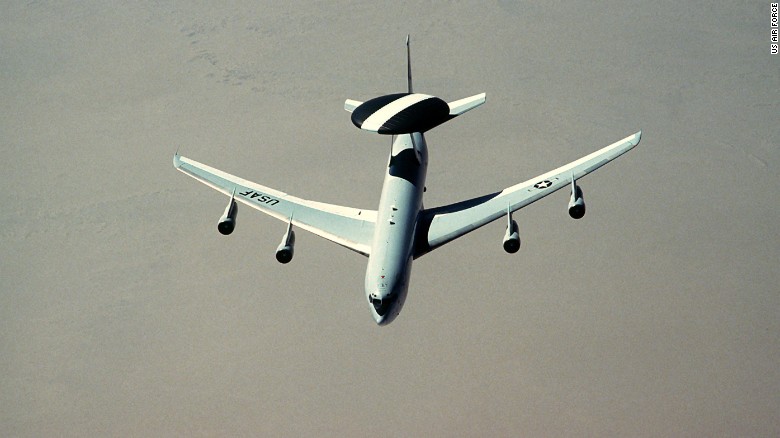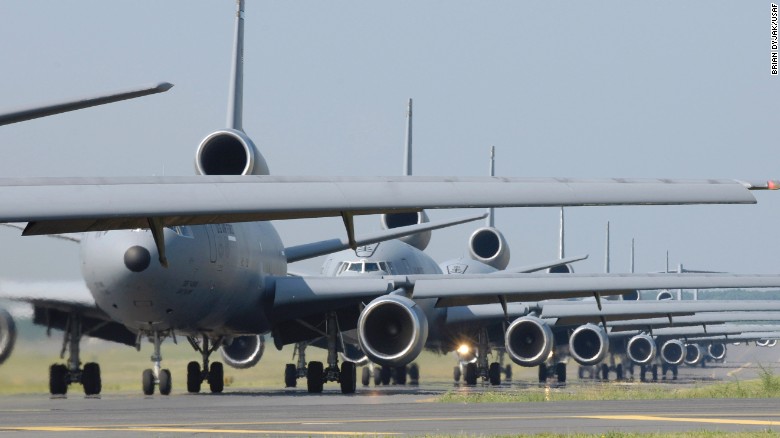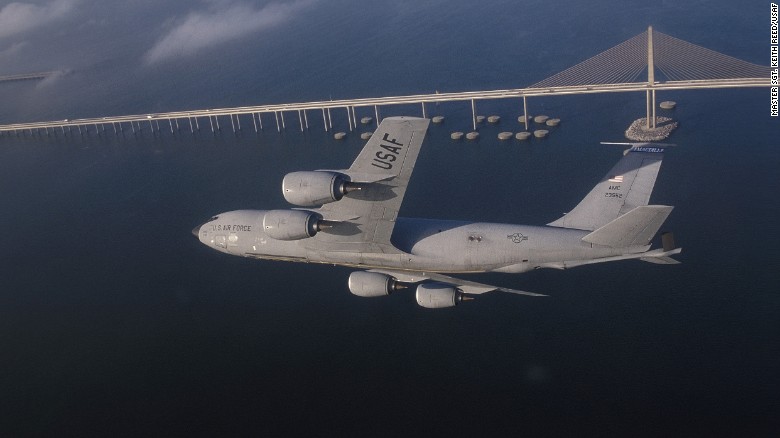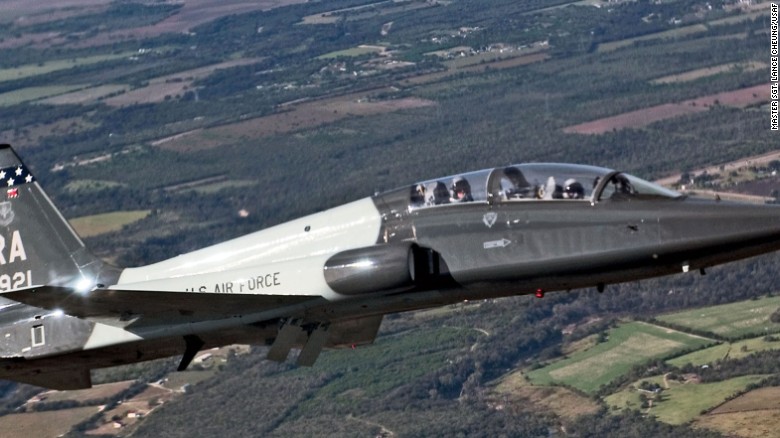Are F-35s fit for combat? Pentagon doesn’t know
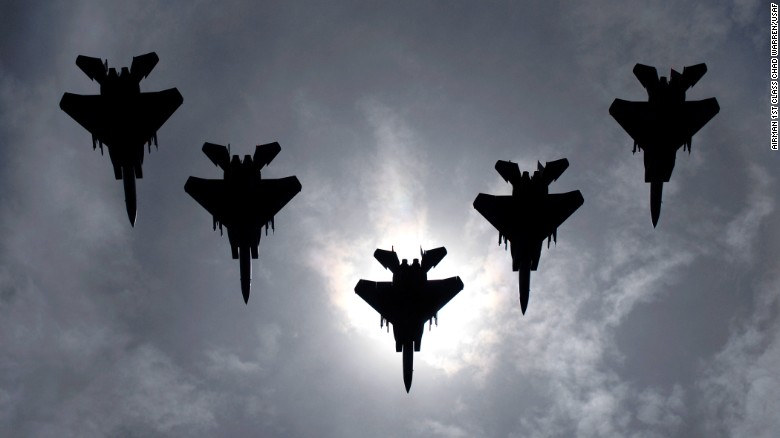
Washington. The military risks committing itself to buying billions of dollars of F-35 fighter jets before they have demonstrated they are fit for combat, a new Pentagon report warns.
The development of the Joint Strike Fighter F-35, a fifth-generation stealth jet, has been beset by spiraling costs and schedule delays. The program's price tag is nearly $400 billion for 2,457 planes — almost twice the initial estimate.
To drive down costs and benefit from larger economies of scale, the Pentagon has sought to pool planned purchases through a "block buy" of hundreds of aircraft from the F-35's manufacturer, Lockheed Martin, according to the report by the Pentagon's Director of Operational Test and Evaluation, J. Michael Gilmore.
The report cautions that these efforts to curb costs have created a situation in which the U.S. could be committed "to procuring as many as 270 U.S. aircraft" before "operational testing is complete."
The report, which examines programs that were tested in 2015, argues that such a strategy raises numerous concerns, pointing out that defense officials connected to the program have said that "essentially every aircraft bought to date requires modifications prior to use in combat."
The report also asks whether the new arrangement will provide the "needed incentives" to the defense contractor "to correct an already substantial list of deficiencies in performance, a list that will only lengthen" as testing continues.
In response, Lockheed Martin said in a statement that "There were no surprises in the report; all of the issues mentioned are well-known."
The company pointed out that the report showed that the Marine Corps variant of the F-35 in July had met the minimum requirements for being deployable in an operation.
Lockheed Martin also said that the program was 80% complete but acknowledged that "there are known deficiencies that must be corrected."
The Pentagon report also raises legal concerns, asking whether the "block buy" strategy is "consistent" with administration policy and with the intent of U.S. law, which the report explains stipulates that initial testing must be completed and the test results provided to Congress before full production of the fighters can begin.
Arizona Republican John McCain, chairman of the Senate Armed Services committee, blasted the block buy strategy, telling CNN that it "leaves taxpayers on the hook for expensive changes to fix problems discovered late in production. And it's one of the reasons that the F-35 is a shining example of how not to conduct a major acquisition program."
The single-seat F-35 Joint Strike Fighter is intended to conduct air-to-air combat, air-to-ground strikes, intelligence, surveillance and reconnaissance missions.
It's designed to allow pilots to immediately share data with one another and their commanders; it can penetrate enemy territory without being detected by radar; and its specialized helmet display gives pilots a 360-degree view of their surroundings.
The fighter is intended for use by the U.S. Air Force, the U.S. Navy, the U.S. Marine Corps and 10 foreign countries.
Политика конфиденциальности | Правила пользования сайтом
